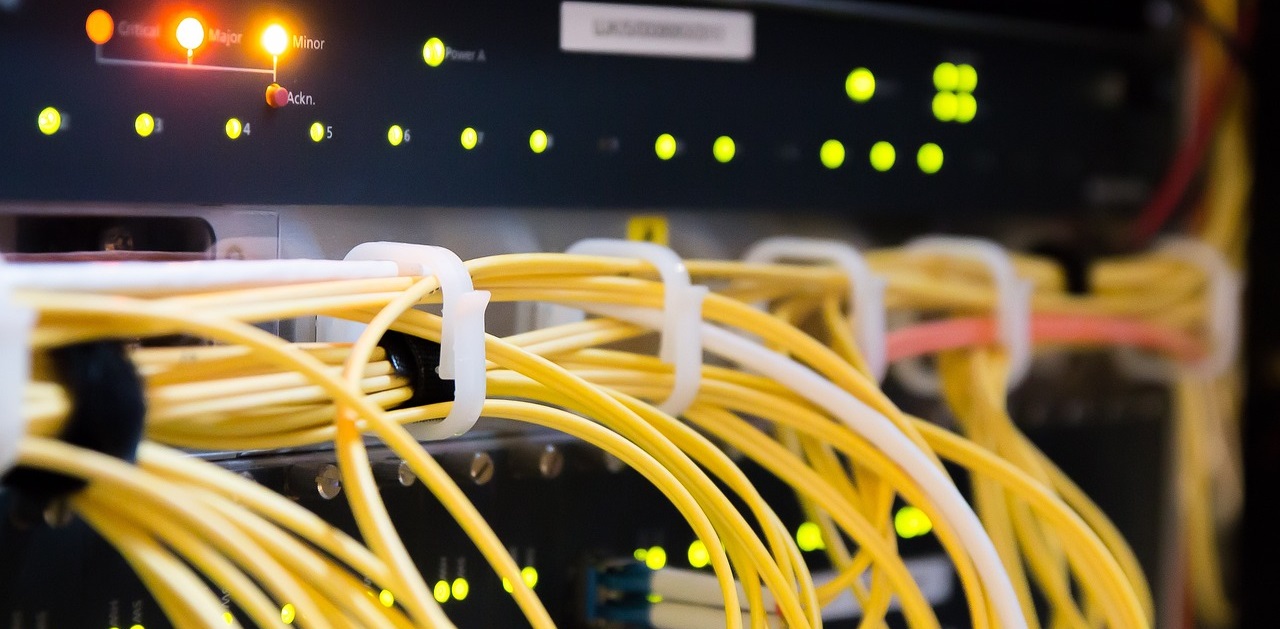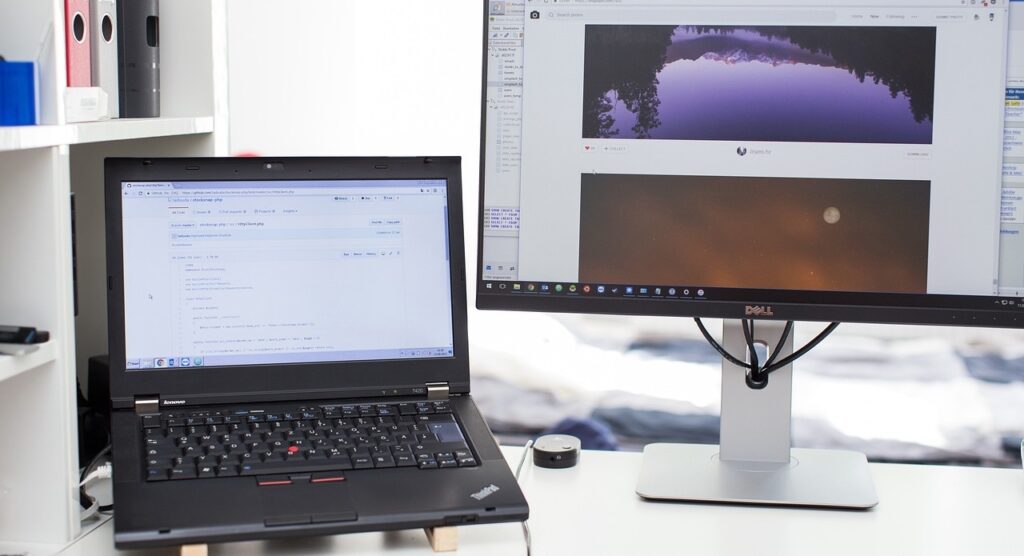
Have you ever experienced a slow internet connection that caused frustration and delays in your online activities? When you are not alone then you can use the internet but you get a low connection and you want to know the reason why my internet is slow on my phone. In this article, we’ll explore the five most common reasons why your internet could be slow and down, so you can take the necessary steps to get back online quickly.
Introduction Of Reasons Why the Internet Is Slow
There are many reasons why the internet Is Slow or down. Let’s take a look at some of the most common reasons:
1. Your internet connection is too slow.
This is often the case if you’re using a dial-up connection or if your broadband connection isn’t fast enough. Check with your service provider to see if there’s anything you can do to improve your speed.
2. There’s too much traffic on the internet.
If everyone in your neighborhood is online at the same time, it can slow down your connection. The same is true during peak hours when everyone is trying to get online at once. Try using the internet during off-peak hours for a faster connection.
3. Your computer might be infected with malware.
Malware can cause all sorts of problems, including slowing down your internet connection. Be sure to run regular scans with an anti-malware program to keep your computer clean and running smoothly.
4. You might have a problem with your router or modem.
If you’re having trouble connecting to the internet, it could be due to a problem with your router or modem. Try restarting both devices to see if that fixes the problem. If not, you may need to replace one or both devices.
What Causes Internet Slowdown?
There are many potential reasons why the internet is slow. Here are some of the most common causes:
1. Your internet connection is overloaded.
If you’re using a broadband connection, your speed can be affected by how much traffic is on the line. Too much traffic can cause congestion and slow down your connection.
2. Your computer is infected with malware.
Malware can bog down your computer and internet connection. Make sure you have up-to-date security software to protect yourself from these malicious programs.
3. Wrong APN Settings.
Wrong internet settings can even lead to no internet connection and extra charges as well. So it is also important to have the correct settings to get fast internet speed. You can get any updated APN setup on the internet like Verizon APN, AT&T APN, Dito APN, and so more.
4. Your router needs to be reset.
If you’re using a Wi-Fi router, it might need to be reset from time to time. This can help clear up any issues that might be causing your connection to slow down.
5. You have too many browser tabs open.
Each browser tab uses up some of your computer’s resources. Having too many tabs open at once Reasons Why the Internet Is Slow and then Try closing some tabs that you’re not using to see if that helps speed things up.
5 Common Reasons Why Your Internet Is Slow
One of the most common reasons for a slow internet connection is an outdated or overloaded router. If your router is more than a few years old, it may not be able to keep up with the demands of today’s online activity.
Older routers also tend to be less reliable, which can lead to more frequent outages and slowdowns.
If you have a lot of devices connected to your home network, that can also contribute to a slowdown. Each device that’s connected to your router competes for bandwidth, so the more devices you have, the Reasons Why the Internet Is Slow will be.
To help improve your speed, try disconnecting any devices that you’re not using.
Another common reason for a slow internet connection is interference from other electronic devices. Things like baby monitors, wireless printers, and microwave ovens can all cause interference with your wireless signal.
If you suspect that one of these devices is causing problems, try moving it closer to your router or turning it off when you’re not using it.
Finally, if you’re still having trouble with a slow connection, it could be an issue with your ISP (internet service provider). Contact them and see if there’s anything they can do to help improve your speed.
-
Weak Wi-Fi Signal
If want to know the Reasons Why the Internet Is Slow, one possible reason is a weak Wi-Fi signal. When your Wi-Fi signal is weak, it can take longer for your devices to connect to the internet and load webpages. There are a few things you can do to improve your Wi-Fi signal and speed up your internet connection:
1. Move your router to a central location in your home or office.
2. Avoid placing your router near concrete walls or metal objects, as these can interfere with the signal.
3. If you have a large home or office, consider investing in a mesh Wi-Fi system to provide better property coverage.
4. Make sure that none of your devices are too far away from the router – the further they are, the weaker the signal will be.
5. Check for any software updates for your router and install them if necessary.
-
Wireless Interference
There are many potential causes of a slow or down internet connection, but one that is often overlooked is wireless interference. Wireless interference can come from a variety of sources, including other electronic devices, cordless phones, and even your microwave oven.
If you suspect that wireless interference is the cause of your slow or down internet connection, there are a few things you can do to try and mitigate the problem. First, try moving your router to a different location in your home. If that doesn’t help, try changing the channel that your router is using. You can usually find instructions on how to do this in your router’s documentation or online.
If you’re still having trouble, you may need to invest in a stronger router or range extender. These devices can help boost signal strength and reduce interference.
-
Poor Bandwidth Allocation
If want to a Reasons Why the Internet Is Slow, it could be due to poor bandwidth allocation. This means that your internet service provider is not providing enough bandwidth for you to use the internet at optimal speeds. There are a few things you can do to fix this issue:
1. Upgrade your plan: If you’re on a lower-tier plan, upgrading to a higher-speed option may help improve your speeds.
2. Use a VPN: A VPN can help encrypt your traffic and improve speeds by bypassing restrictive networks.
3. Use an Ethernet connection: If possible, connect your computer directly to your router with an Ethernet cable for the fastest possible speeds.
4. Restart your modem/router: A simple restart of your modem or router may help improve your speeds by refreshing the connection.
5. Check for malware: Malware can bog down your computer and affect your internet speed. Be sure to scan your computer regularly for viruses and other malicious software.
-
Outdated Network Equipment
One of the main Reasons Why the Internet Is Slow is that you are using outdated network equipment. This could include your router, modem, or even your computer’s network card. As technology advances, new standards offer faster speeds and better performance. If you are still using equipment that is several years old, it is likely time for an upgrade.
If you have a slow or unreliable internet connection, one of the first things you should check is the age of your network equipment. Outdated equipment can be a major bottleneck, especially if you are trying to use newer applications or services that require higher speeds. In many cases, a simple upgrade can make a big difference in your internet experience.
-
Too Many Connected Devices
The number of devices that are able to connect to the internet has increased dramatically in recent years. This is thanks to the development of new technologies such as Wi-Fi and the proliferation of smart devices.
However, this increase in connected devices can also lead to problems. If there are too many devices trying to connect to the internet at the same time, it can cause congestion and slow down your connection.
There are a few things you can do to try and reduce the number of devices that are connected to your network. One is to use a guest network for any devices that don’t need access to your main network. Another is to make sure that all of your devices are using the latest wireless standard (802.11ac).
If you’re still having trouble with a slow or unreliable connection, it’s worth checking out our other articles on troubleshooting common internet problems.
Tips to Fix Slow Internet Speed
There are many Reasons Why the Internet Is Slow. Here are some tips to help you troubleshoot and fix the problem:
1. Check your modem and router. Make sure they are both turned on and plugged into an outlet.
2. Restart your computer. This will refresh your internet connection and often fix slow speeds.
3. Close any programs you are not using. Having too many programs open at once can drag down your internet speed.
4. Check for viruses or malware. These can cause your computer to run slowly and can also affect your internet connection speed. Run a virus scan to remove any malicious software from your machine.
5. Change your DNS settings. Your DNS (domain name system) is what converts website addresses into IP addresses, so it can be helpful to change these settings if your Reasons are Why the Internet Is Slow. You can find out how to do this online or by contacting your ISP (internet service provider).
Conclusion
As you can see, there are many Reasons Why the Internet Is Slow. To get the most out of your connection, it is important to identify the cause and make sure you are taking steps to resolve the issue. Once you have identified the reason for a slow or unreliable internet connection, you should do what you can to fix it in order to enjoy faster speeds and better reliability. We hope this article has given you some insight into why your internet could be slow or down so that you now know where to start when troubleshooting!


